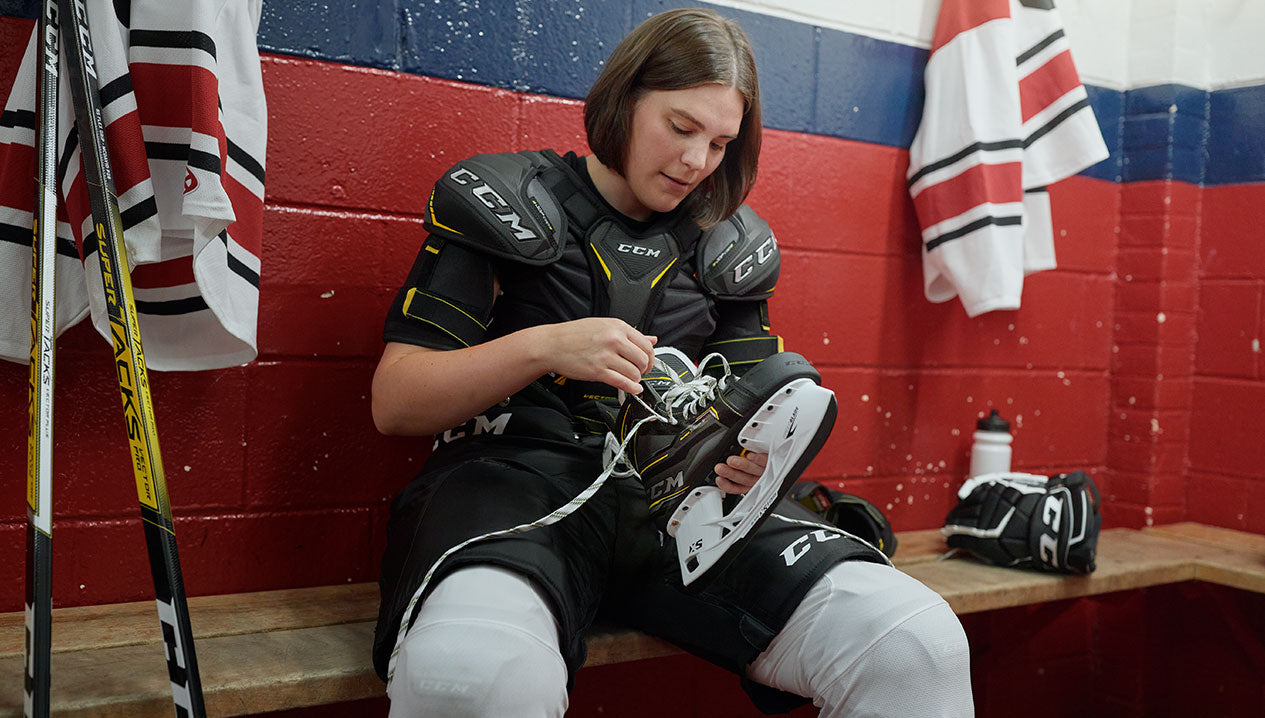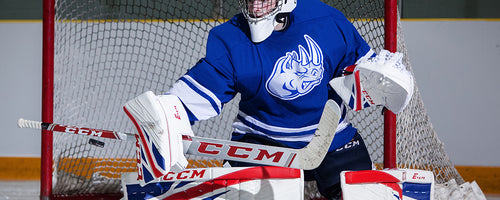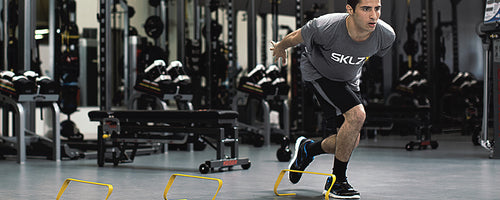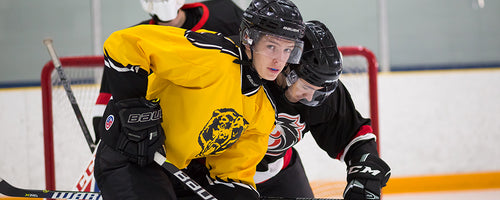Nutrition For On The Road During Tournaments
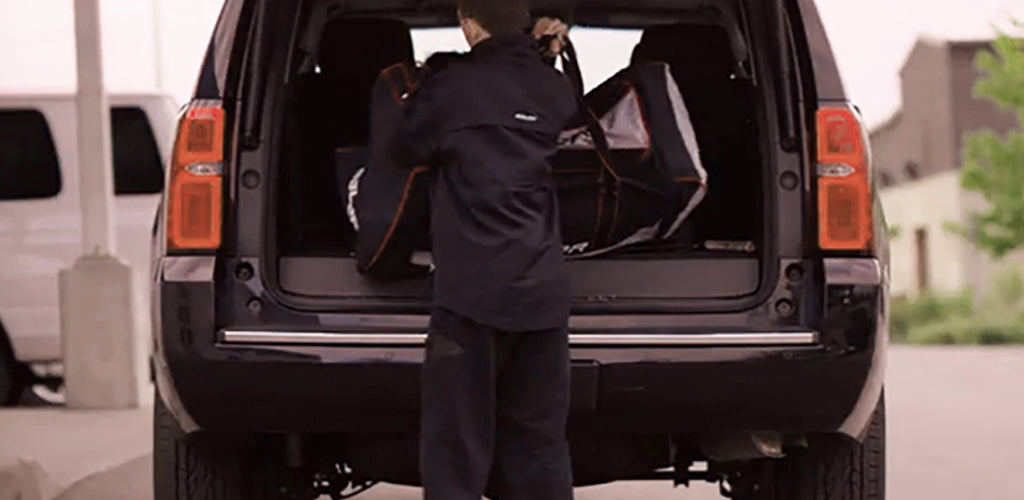
Top Recommendations for Food Planing For On-The-Road Athlete
Are you required to travel for sports tournaments? Do you eat your meals in the car going or coming back from a game? In times like this, we often turn to convenience to find something that will fill us and keep us satisfied until we arrive at our destination.
However, this could also mean compromising healthy nutrition with the easy access to fast foods and large restaurant portions. If not fueling or recovering properly, our mental and physical performance decline and we are more prone to fatigue. Therefore, we need to follow some simple steps stay on track:
- Plan, prepare, and carry portable foods and fluids or prepare simple meals at the destination accommodation;
- Make optimal restaurant meal choices.
Planning Portable Foods And Fluids
First things first, there is no problem with eating in restaurants on occasion, whether sit-down or fast food. But we need to decide if this is because of pleasure or convenience, such as stopping by a drive-through to pick up a snack because we didn’t bring one with us and we happen to be starving on our way home from a game. If often eating out of convenience, we should start thinking about planning our meals, snacks and fluids to avoid having to buy something we may not even enjoy. In this section, you will find everything you need to know about planning your meals, snacks and drinks when on the road, either for a short time or during long-distance travel.
Planning starts before arriving at our destination. In order to bring the right foods and time our meals appropriately, we need to know about cooking arrangements at the hotel (kitchenette, available appliances), hotel restaurant times and restaurants close by. Some questions to ask include:
- Are breakfasts available and at what time? Which foods are served?
- Are there kitchenette units and what dishware and cookware are included?
- Are there fridges, freezers and/or microwaves in the hotel room?
- Which restaurants are situated near the hotel?
Once we know what to expect, we can prepare our meals and snacks accordingly. Athletes, especially hockey players who burn a lot of calories on the ice should be eating every 2-4 hours to top off energy levels before a game. Therefore, skipping a meal because they didn’t have access to food and drinks can negatively impact their performance.
In general, when trying to plan a meal, athletes should aim to include as many of the four food groups as possible to support top performance and optimal recovery. The food groups are fruits and vegetables, meat and alternatives, dairy products and grain products. As a rule of thumb, a meal should include 3-4 food groups, while a snack includes 2-3 food groups. Careful planning may be necessary to bring foods to complement restaurant meals that don’t offer all foods, such as fruits and vegetables.

Therefore, here are some ideas of portable foods to bring either as a meal or to complete our day.
Non-perishable portable foods: dried fruit, dried fruit bars, trail mix, nuts, juice boxes, sports drinks, fruit cups, applesauce, dry cereal, cereal/sport/energy/protein bars, crackers, canned tuna, baked beans or prepared chili with a flip top lid, peanut butter sandwiches.
Portable foods that require a cooler or fridge: boiled eggs, yogurt, cheese, sandwiches, wraps, raw vegetables, pasta/rice/bean salads, nut butters, regular and chocolate milk, and fresh fruit.
Utensils: Pack microwave-safe dishes (bowl, plate), cutlery, a reusable water bottle, a can opener and a paring knife for use in your hotel room.
Did you know you can still cook a nutritious meal with only a fridge, freezer and microwave in your hotel room? It does require some creativity, but the microwave can be used to cook oatmeal, eggs and vegetables!
And don’t forget fluids, especially water, lower fat milk, 100% fruit juice sport drinks.
Restaurant Choices
To ensure high performance, meals and snacks should be low in fat, high in carbohydrates (whole grains, fruits and vegetables, milk and yogurt) with a moderate amount of protein (meat, poultry, fish, eggs, dairy products, legumes and tofu). To make sure we obtain the right proportion of nutrients, we should respect the following basic rules:
- Keep portions small. Portion sizes at restaurants are usually bigger than what you would normally eat at home. Share a large meal with a friend, order only an appetizer, get the kids size meal, or ask to take leftovers home. Don’t go to the restaurant hungry either, as this often leads to eating larger portions. Have a healthy snack before heading there!
- Pick nutrition over value. Avoid special super-sized meal combinations simply because it is good deal, because all it does is add extra fat, calories, sugar and/or salt, which will all reduce performance.
- Make smart menu selections. Order foods that have been steamed, baked, broiled, grilled, stir-fried or roasted. The hidden fat and calories add up quickly when food is fried, deep-fried, breaded or served with rich sauces and gravies.
- Ask for vegetables. Stay fuller longer with the added vegetables. Substitute your fries with vegetables or salad. If possible, ask for the salad dressing on the side.
- Look for ways to boost your fibre intake. Ask if they offer whole wheat or whole grain bread, tortilla wraps, pasta or pizza crust.
- Drink water, low-fat milk or 100% fruit juice instead of soft drinks. If you drink alcohol, limit it to one or two drinks for the day.
- Remember that healthy eating is about balance and enjoying your food. If you happened to overindulge at a meal, then plan on choosing some healthier choices over the next few days.
- Many restaurants post their menu and nutrition information online or at the restaurant. Surf the restaurant's website ahead of time to look for healthier options that are lower in fat, sugar, and sodium.
In brief, with proper planning, it is possible for any athlete on the road to make good food choices which will lead to better results during the game!
Note: The information included is based on the best available evidence at the time and may not be applicable for all athletes. Please consult your local dietitian to get personalized advice.
Visit Your Local Source for Sports store today near you for expert tips and professional advice to help you with your game.
Join Source Nation to get the latest news on product launches, Source Exclusive product lines, tips and tricks for parents and players, and more!
